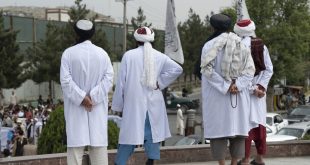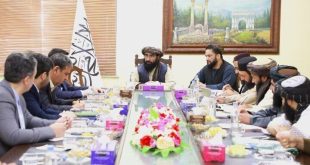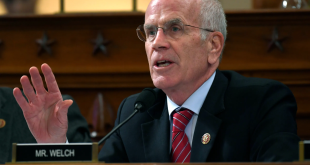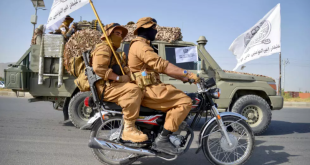With the long-awaited final returns of the controversy and fraud-mired 2019 Presidential Election out, the incumbent President Ashraf Ghani has been declared as the winner as he narrowly secured victory in the disputed count, amassing 50.64% of the vote. His rival, Abdullah Abdullah, has been announced as the runner-up by the Independent Election Commission (IEC) as he grabbed 39.52% of the votes. The long-anticipated announcement has prompted a perilous political standoff at a crucial time that coincides with the ongoing peace process. Hours after the announcement of audited election results, Abdullah informed about the formation of an “inclusive government” by his Stability and Convergence campaign team, and declared his “victory” in the polls. Abdullah, who considers decisions over the disputed votes as illegal and rejects them, said the results were a “coup against democracy and national treason.” This comes as last week three prominent and influential Afghan leaders and allies of Abdullah – former vice president Gen Abdul Rashid Dostum, Wahadat Party Chief Mohammad Mohaqiq and Jamiat Party Leader Ahmad Zia Massoud – warned that if the IEC announced fraudulent results, they would form their own government and declare him president. In addition, the Taliban group – with whom the US is going to sign a peace deal reportedly in the next few days – in a statement have opposed the final results of the polls, saying “it conflicts with the contents of the ongoing peace process.” Taliban, who are rigid nonconformists when it comes to election, have referred to the polls as fake and devoid of legal basis. These remarks by the Taliban put into question their willingness to sit with Ghani’s administration following the potential US-Taliban agreement expected to be signed on February 29th. On top of all that, Abdullah, in a decree said “the head and members of both commissions (the IEC and the Independent Electoral Complaint Commission), including the chiefs of the secretariats and their deputies, have been banned from leaving the country.” Now that everything seems to be in disarray, the status quo is the dawn of another electoral convulsion – with a fresh bout of violence also not out of the question – in a country already struggling with a myriad of problems, including insecurity. Based on the previous elections in Afghanistan’s nascent democracy, there have been always accusations of fraud, as well as wide practice of rigging as evident from proof, by the losing candidates and parties. For Abdullah, it would be now a third time to reject the results, considering the 2009 and 2014 elections. But one cannot help but wonder why is he discontented this time? Let’s not forget that all the commissioners in both election bodies were picked by the candidates themselves, so the results are a product of collective work of their people. But as things stand, it means the Afghan leaders have failed democracy here by interpreting it as a mere platform for jousting for power. They haven’t learned how to be gracious losers and that conceding is in fact believing in democracy after all. A pan-Afghan consensus is the need of the hour because the Afghan government has to have a strong mandate and the consent of all in order to start working on crucial matters such as peace negotiations. Therefore, the leaders should at least have a sense of holding the national interests superior over their personal ones. Otherwise, as the turmoil continues with no credible or accepted Afghan government on the ground, the democracy is essentially waning in Afghanistan and we will soon witness the formation of yet another unlawful regime at the behest of American intervention.
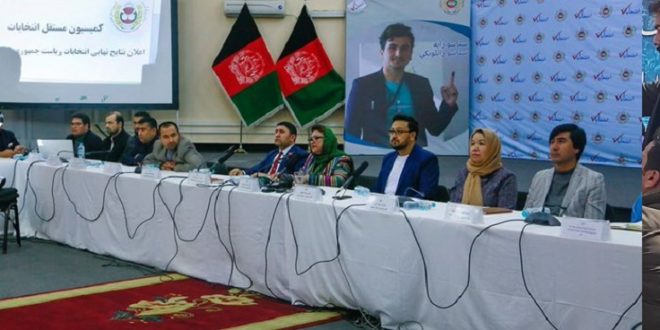
 Afghanistan Times
Afghanistan Times
